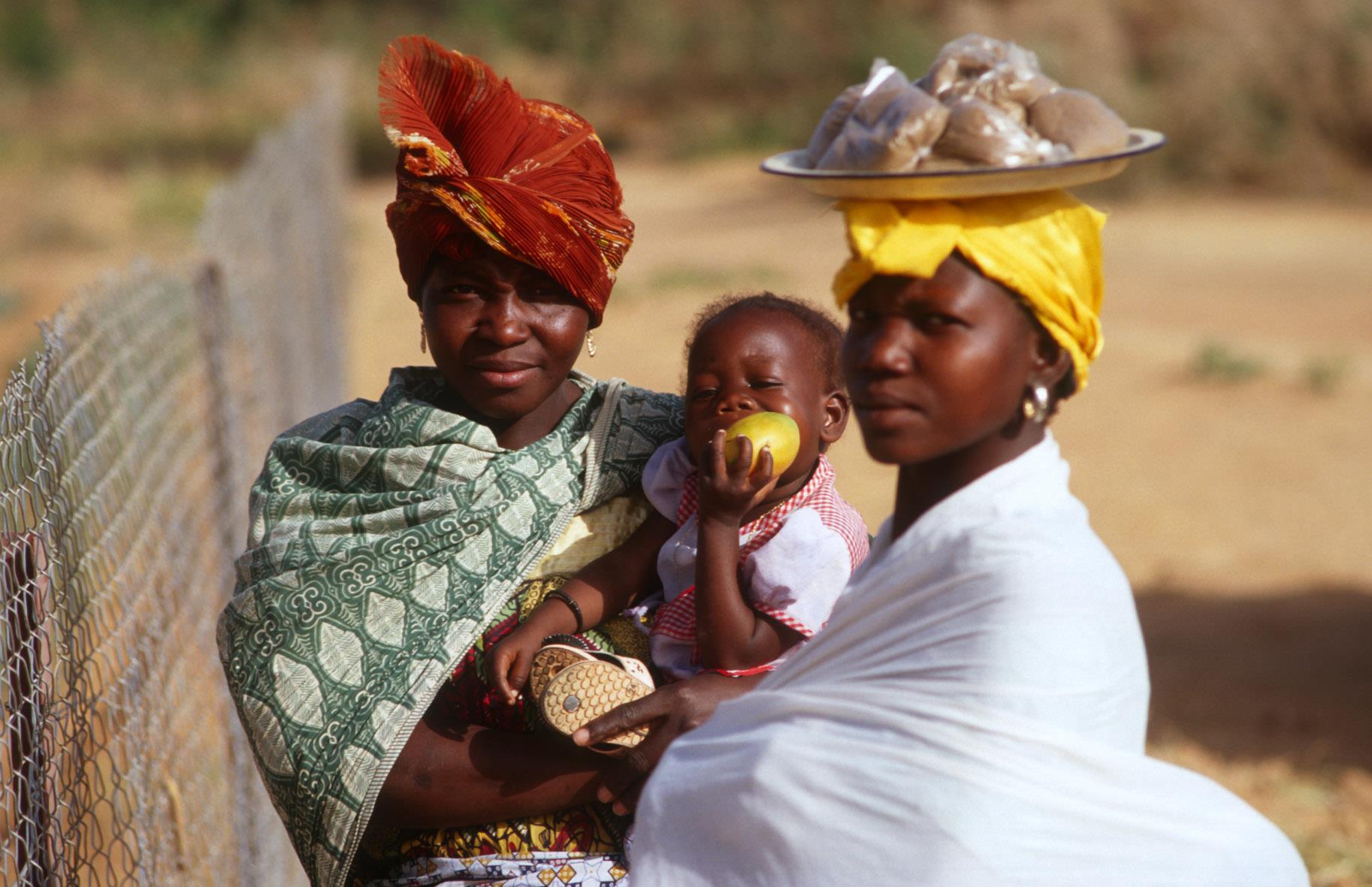UN food agencies call for climate adaptation solutions that include women and girls
Joint FAO/IFAD/WFP News Release on International Women’s Day

Portrait of rural women in Burkina Faso. ©Horst Wagner
As climate extremes become more frequent and intense, women and girls - who are at a higher risk than men and boys of experiencing the devastating effects of the climate crisis - including food insecurity, need to be front and centre when planning and implementing climate change adaptation solutions, said three United Nations' food agencies at their joint International Women's Day event today.
Organized by the United Nations Food and Agriculture Organization (FAO), the International Fund for Agricultural Development (IFAD) and the United Nations World Food Programme (WFP), the event recognized the contribution of women and girls around the world who play a crucial role in climate change adaptation and mitigation. It also highlighted the need for women’s meaningful participation in decision-making processes related to climate resilience and adaptation.
Women and girls’ disproportionate dependence on climate-sensitive work, such as farming, and their limited access to economic and production resources, and services and information increases their susceptibility to the devastating impacts of cyclones, floods and droughts, which in-turn impacts their livelihoods and food security.
Globally, 80 percent of the people displaced due to climate-related disasters are women. When homes are destroyed by climatic shocks, such as hurricanes, cyclones and earthquakes, women and girls are forced to flee to displacement camps, where they are often exposed to increased violence.
“To have any meaningful and long-lasting impact, women and girls cannot be left out - they must be at the centre of solutions and at the table designing those solutions,” said Maria Helena Semedo, FAO Deputy Director-General and Chair of the FAO Women’s Committee, in closing the event.
Learn more
